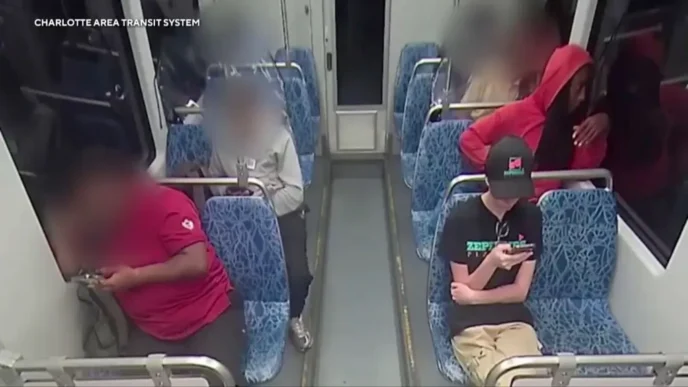The city of St. Louis, along with its city council leader, has initiated a federal lawsuit challenging a new Missouri law that reinstates state oversight over the local police department. This move places St. Louis among a select group of major U.S. cities that do not have full control over their law enforcement. The lawsuit, led by Megan Green, president of the city’s Board of Aldermen, claims the law infringes upon her First Amendment rights, including free expression, freedom of assembly, and the right to petition the state government. Additionally, the city contends the law breaches a Missouri Constitution provision against unfunded state mandates.
The controversial legislation, passed by the Republican-controlled legislature and signed by Governor Mike Kehoe, empowers the governor to appoint four local residents to a state board overseeing the St. Louis Metropolitan Police Department. This board will function alongside the city’s elected mayor, currently Democrat Tishaura Jones. A similar governance structure exists for the police department in Kansas City, Missouri. Critics have suggested that the legislation could be an attempt by Republican lawmakers to diminish the authority of Mayor Jones, a Black woman. However, Governor Kehoe maintains that the legislative intent prioritizes public safety.
The lawsuit further argues that the new law imposes vague and broad restrictions on city officials, prohibiting them from impeding or interfering with the state board, with violations leading to fines and potential removal from office. The legislation also mandates that St. Louis progressively increase its police department budget through 2028. Missouri Attorney General Andrew Bailey has expressed his commitment to defending the law, while his deputy chief of staff, James Lawson, encouraged city leaders to concentrate on improving public safety instead of pursuing efforts perceived as defunding the police.
The history of state control over the St. Louis police department dates back to the Civil War in 1861, when a pro-Confederate Missouri government transferred local police oversight to the state. This control was maintained until 2012, when a statewide vote amended the state constitution, granting St. Louis the authority to manage its police department. Proponents of the recent legislation argue that returning control to the state is crucial for reestablishing order in the city, citing ongoing population decline, increased homicide rates, and power struggles between city and state officials.
The Bottom Line
This legislative change introduces significant shifts in local governance that could impact St. Louis residents in various ways. The reinstatement of state control over the police department may alter the dynamics of public safety management, potentially affecting community-police relations and local accountability. The increased financial obligations imposed by the law could strain city resources, influencing budget allocations for other essential services. As the debate unfolds, the residents of St. Louis will likely experience the consequences of these governance changes in their daily lives, from public safety perceptions to the allocation of municipal funds. Additionally, this situation underscores broader discussions about state versus local control, community representation, and the balance of power in municipal governance.












